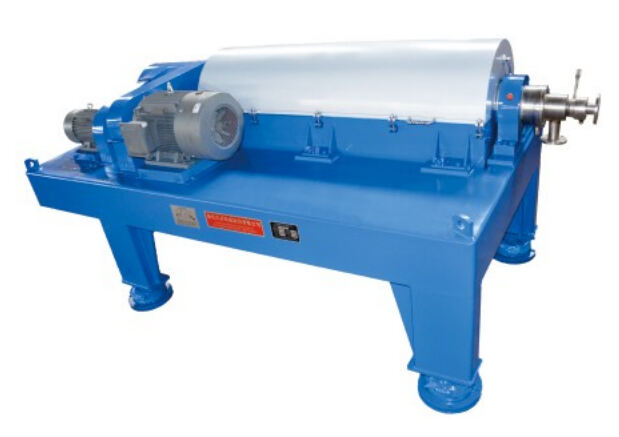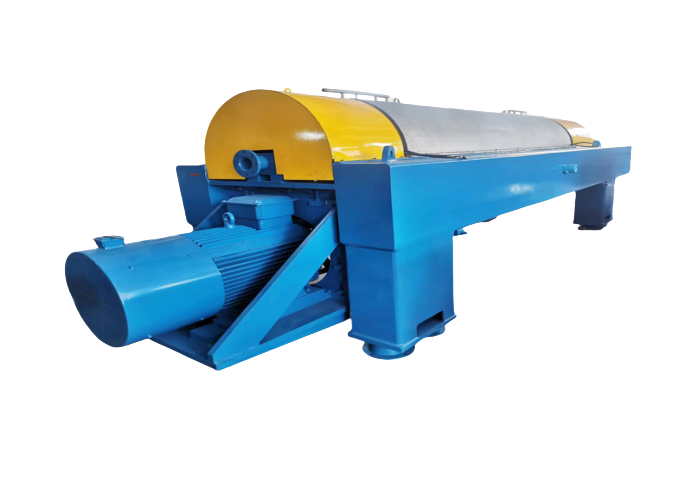waste oil treatment
Waste oil treatment is a sophisticated process designed to transform used oil into reusable resources through various physical and chemical methods. This comprehensive system employs multiple stages including dehydration, filtration, and purification to remove contaminants, particles, and impurities from waste oil. The treatment process begins with preliminary filtering to remove large debris, followed by heating to separate water content. Advanced molecular distillation technology then breaks down the oil into different fractions, while specialized chemicals help neutralize acids and remove harmful compounds. The system can handle various types of waste oil, including industrial lubricants, hydraulic fluids, and used cooking oil, converting them into valuable products such as base oils for lubricants or fuel alternatives. Modern waste oil treatment facilities incorporate automated monitoring systems, precise temperature control mechanisms, and efficient filtration technologies to ensure optimal processing conditions. The treatment can achieve recovery rates of up to 95%, significantly reducing environmental impact while creating economically valuable products. This technology plays a crucial role in sustainable waste management and circular economy initiatives, offering both environmental and economic benefits to industries generating waste oil.


